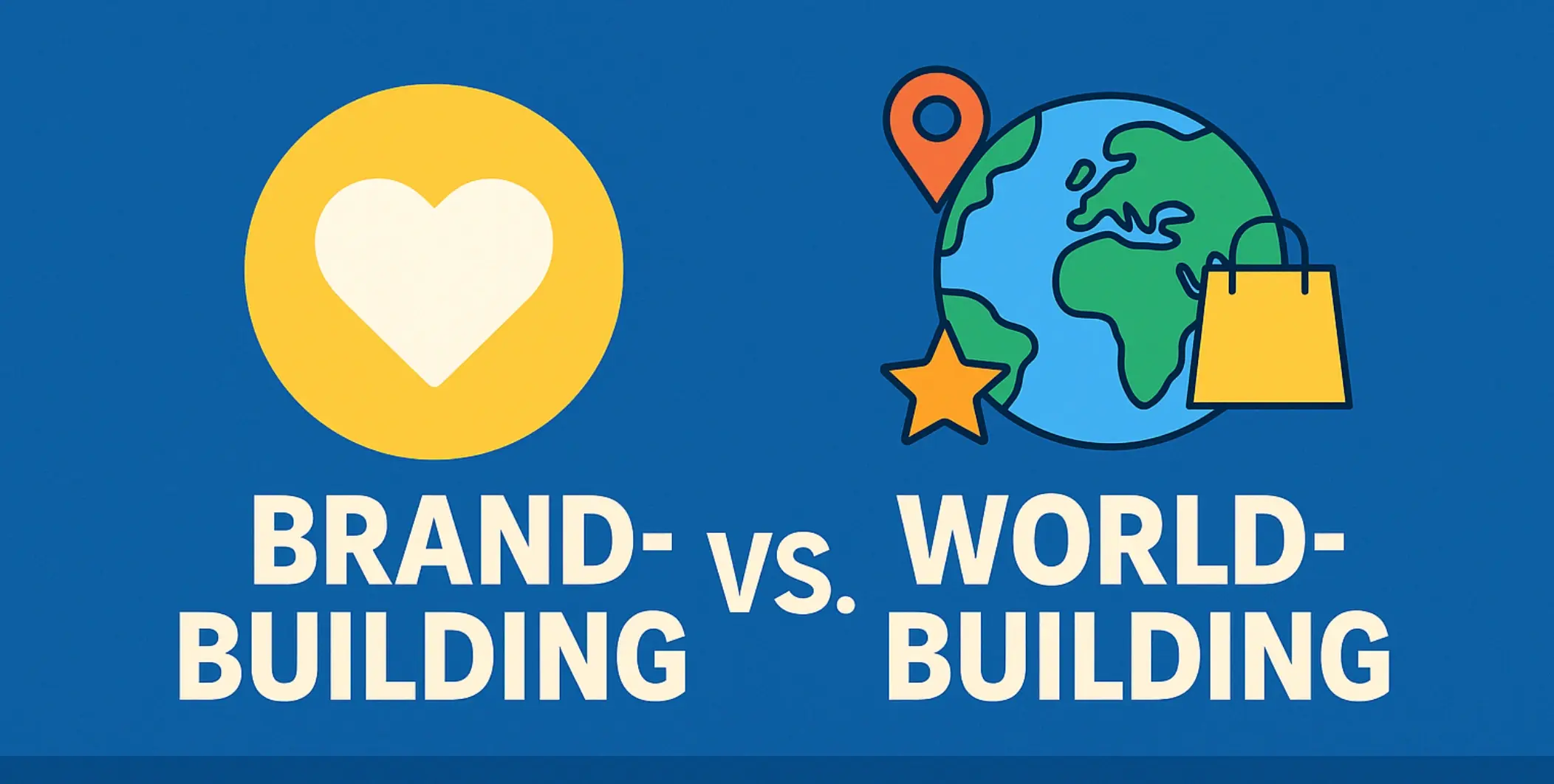Top 10 Richest People in History Ranked by Today’s Dollars
Updated on
Published on
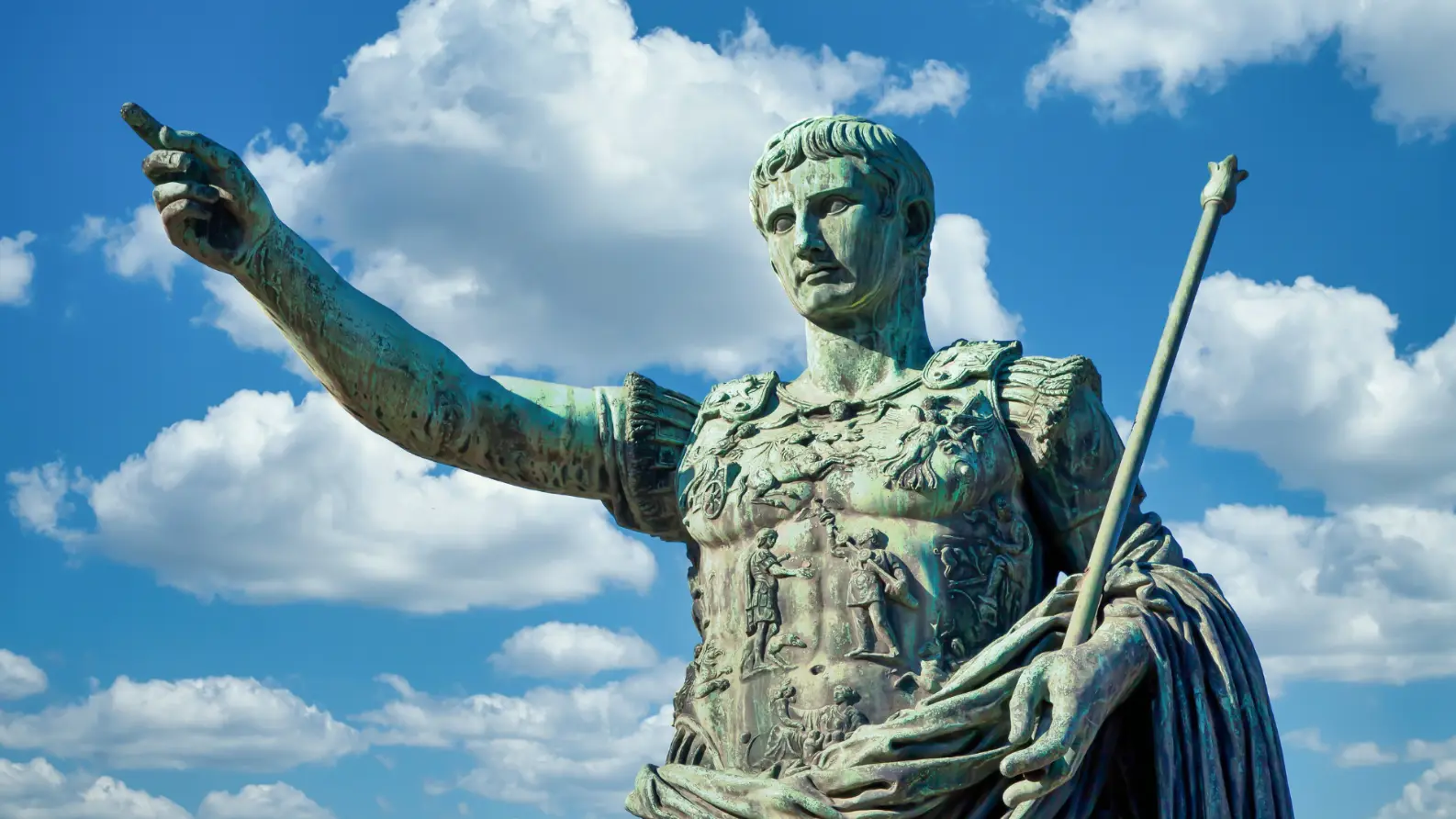
Have you ever wondered who the richest person of all time was? History’s wealthiest figures have always fascinated me. From emperors dripping in gold to industrial tycoons who built business empires, I have often caught myself daydreaming about the sheer scale of their fortunes. Researching these money titans felt like a treasure hunt through time, and today I am excited to share what I found.
In this article, I will count down the top 10 richest people in history, with all fortunes adjusted for inflation into today’s U.S. dollars. To keep things fun, we are doing this as a countdown to the wealthiest person ever. Some of the figures are mind boggling. We are talking wealth that makes modern billionaires look like mere millionaires. Determining exact net worth for historical figures is never perfect, since we rely on estimates and records, but it puts their wealth into perspective. So, let us dive in and travel through time to meet the richest people who ever walked the earth.
- The Richest Athletes in The World
- The 10 Richest YouTubers: Updated List for 2025
- The Richest Presidents and Prime Ministers in the World: Top Billionaire Leaders
10. Alan Rufus, The Richest Knight of the Norman Conquest, Worth About 194 Billion Dollars
We start with a name most people do not know, Alan Rufus, also called Alan the Red. This 11th century nobleman was a trusted lieutenant of William the Conqueror during the Norman Conquest of England. As a reward for loyalty and military service, Alan received a massive grant of lands across England. By the time of his death in 1093, historians estimate he controlled wealth equal to roughly seven percent of England’s economy at the time. In today’s money, that lands around 190 to 200 billion dollars. His fortune came from land, the prime source of medieval wealth. Think of him as the ultimate real life Monopoly winner, collecting rent from half the board.
9. Muammar Gaddafi, The Secret Billionaire Dictator, Worth About 200 Billion Dollars
At number 9, we jump to the 20th century with a controversial figure, Muammar Gaddafi, the long time ruler of Libya. Behind the scenes, he amassed an astonishing hidden fortune by exploiting Libya’s oil riches for decades, shifting billions into secret accounts, investments, real estate, and stakes in companies around the world. When his regime fell in 2011, investigators suggested he had stashed away around 200 billion dollars. Reports point to luxury properties, corporate holdings, and even a personal cache of gold. It is a stark reminder that power and wealth often walk together.
8. William the Conqueror, The King Who Seized a Kingdom, Worth About 230 Billion Dollars
Next is a man who literally conquered his way to extreme wealth, William the Conqueror. William I of England did not just earn a king’s salary, he took an entire treasury. After 1066, he appropriated vast estates and the treasures of defeated nobles. By the end of his reign, his assets in land, fortresses, and precious goods would be worth about 230 billion dollars today. He even commissioned the Domesday Book in 1086, a kingdom wide inventory, to maximize tax collection. Conquest paid, and William turned victory into one of the greatest personal fortunes ever.
7. Mir Osman Ali Khan, The Nizam of Hyderabad, Worth About 230 Billion Dollars
Number 7 is a modern royal once dubbed the richest man in the world, Mir Osman Ali Khan, the last Nizam of Hyderabad. In 1937, Time Magazine put him on its cover as the world’s richest person. His wealth came from diamond mines, taxes, and a private treasury stacked with bullion and jewels. Estimates place his fortune around 225 to 230 billion dollars in today’s terms. The famous Jacob Diamond, used as a paperweight on his desk, speaks volumes about the scale of his riches. He owned scores of luxury cars, multiple palaces, and a mountain of gems, yet was known for surprisingly modest personal habits.
6. Jakob Fugger, The Richest Banker Who Ever Lived, Worth About 277 Billion Dollars
Jakob Fugger of Augsburg, born in 1459, was so wealthy people called him Jakob the Rich. He built a financial empire in textiles, silver, copper, and banking, and became the money man behind emperors and popes. By cornering key mining rights and pioneering practices that resemble modern banking, Fugger amassed a fortune estimated near 277 billion dollars today. Some historians peg his wealth at around two percent of Europe’s entire economy in his era. Picture one person owning that share of a continent and you grasp why he belongs in the top tier.
5. Tsar Nicholas II, Russia’s Last Emperor, Worth About 300 Billion Dollars
Tsar Nicholas II had the wealth of the Russian Empire at his fingertips. His peak fortune, counting imperial palaces, crown jewels, vast estates, and gold reserves, is often estimated around 290 to 300 billion dollars in today’s money. The Romanovs lived with a level of opulence that is hard to match, from Fabergé eggs to sprawling residences. History turned quickly. The Bolshevik Revolution ended the monarchy, the family was executed, and the new regime seized those assets. Even so, Nicholas II stands as one of the richest royals ever recorded.
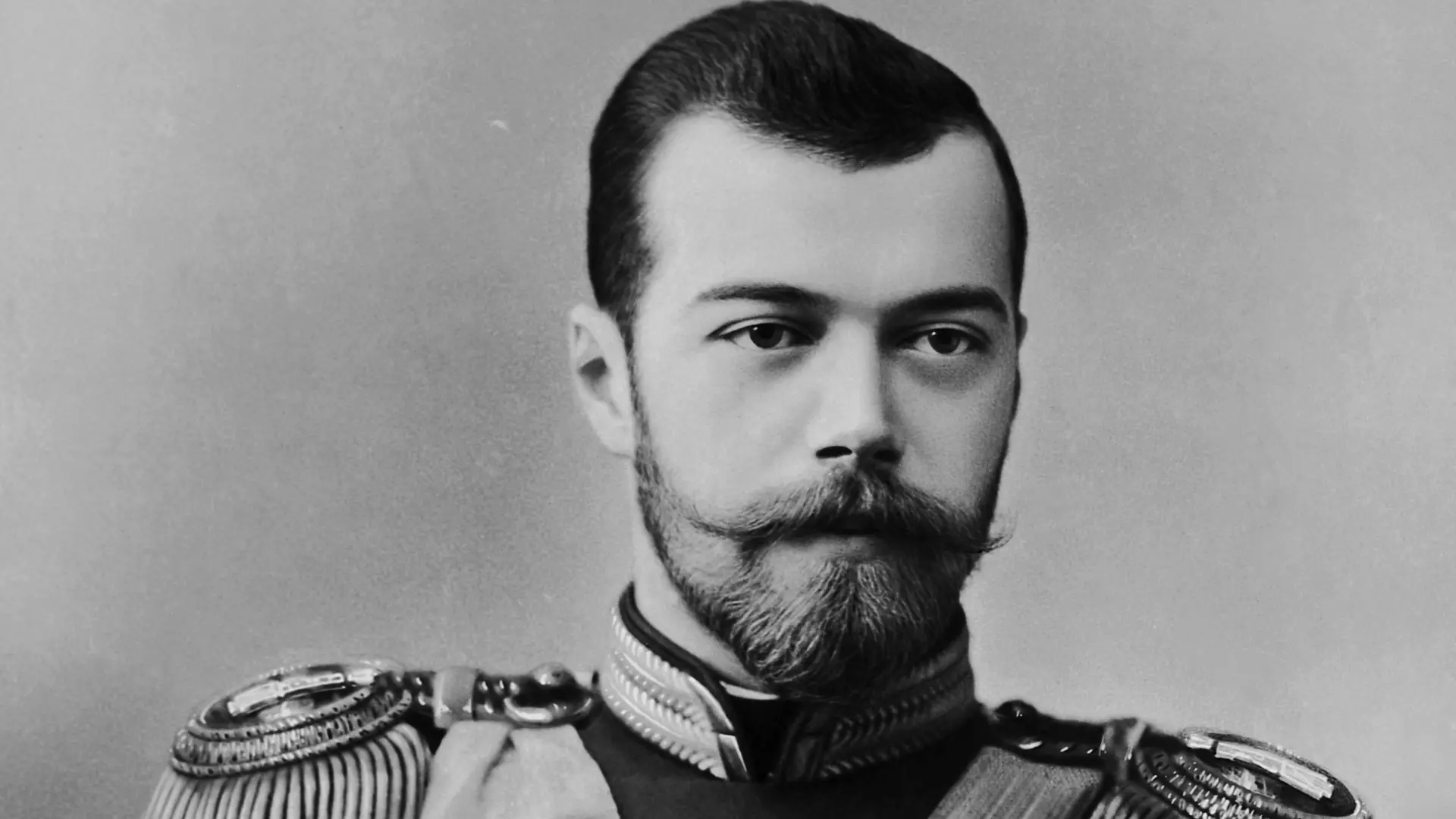
4. John D. Rockefeller, America’s Oil Titan, Worth About 340 Billion Dollars
John D. Rockefeller is often called the richest American in history. Through Standard Oil, he controlled roughly 90 percent of U.S. oil production at his peak. In 1913, estimates put his fortune at close to two percent of the U.S. economy, equivalent to about 340 billion dollars today. He became the first official U.S. billionaire and then turned into one of history’s great philanthropists, endowing universities, public health campaigns, and scientific research. Even after giving away enormous sums, his remaining wealth still places him among the all time greats.
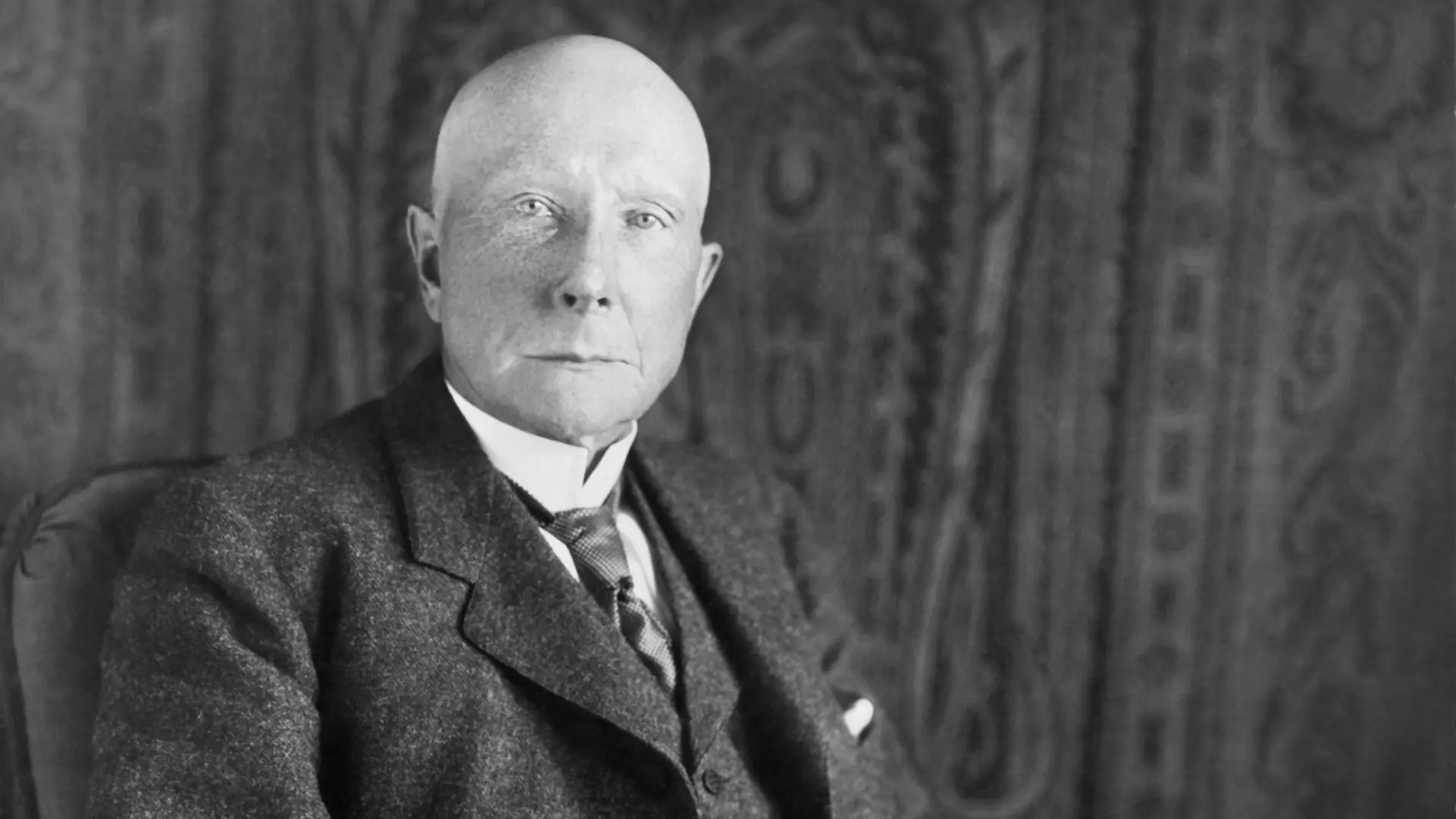
3. Andrew Carnegie, Steel Magnate Turned Philanthropist, Worth About 370 Billion Dollars
Andrew Carnegie built Carnegie Steel into an industrial powerhouse, then sold it to J. P. Morgan in 1901 for 480 million dollars. Relative to the size of the economy then, that sale equates to about 370 billion dollars today. Carnegie believed wealth should uplift society. He funded thousands of libraries, supported education and the arts, and gave away the vast majority of his fortune. The scale of his payday and the scope of his giving remain unmatched in American industrial history.
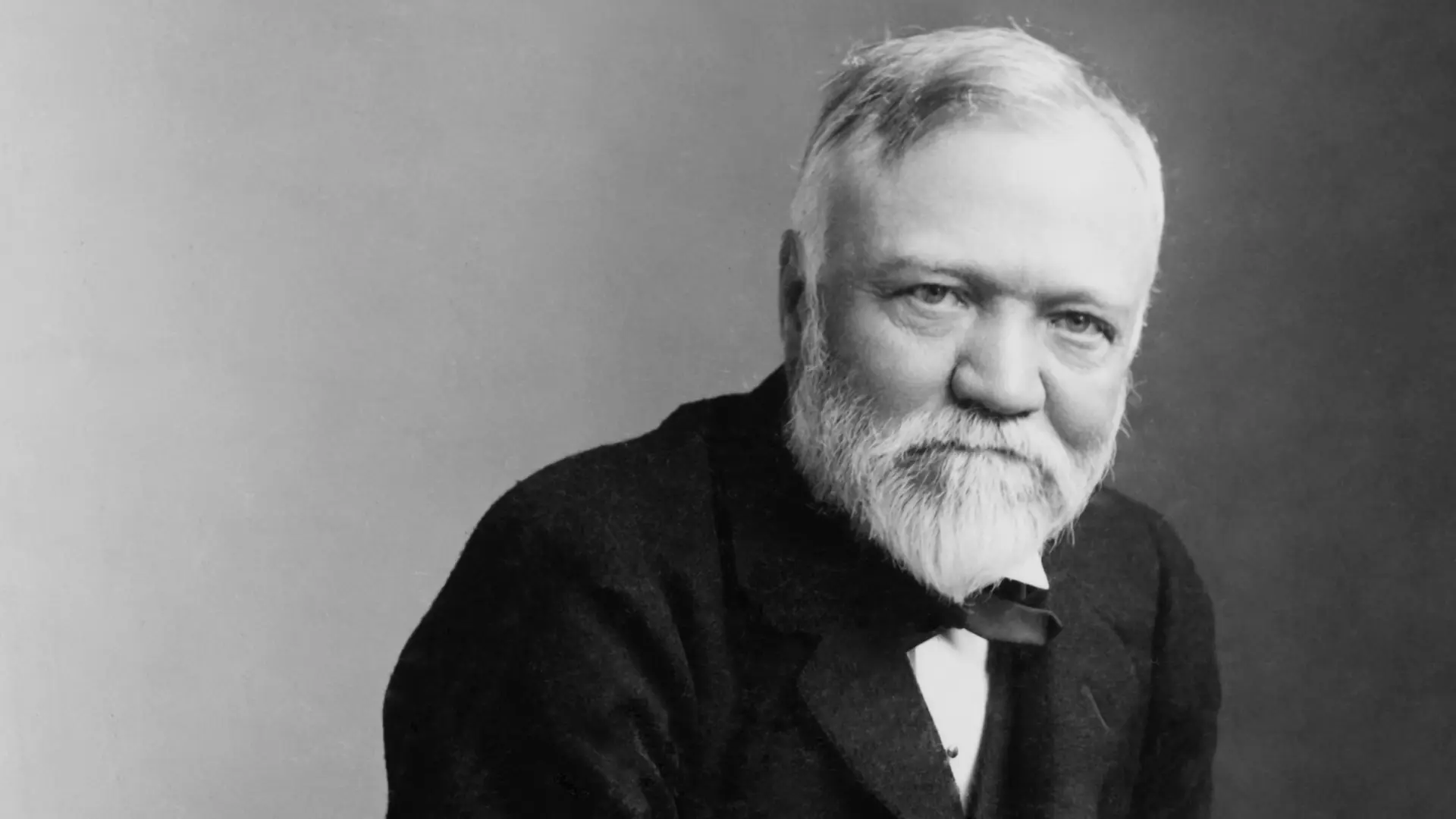
2. Mansa Musa, The Golden King of Mali, Worth About 400 Billion Dollars Or More
Mansa Musa, emperor of the Mali Empire in the 14th century, is the legend of legends. His realm sat on the world’s richest gold fields, and gold was the era’s ultimate store of value. Estimates often place his fortune around 400 billion dollars, and some scholars argue it could have been higher. His 1324 pilgrimage to Mecca became the stuff of economic mythology. He traveled with tens of thousands of attendants and dozens of camels loaded with gold, spending so freely in cities like Cairo that he reportedly disrupted local prices for years. When people said his wealth was beyond measure, they were not exaggerating by much.
1. Augustus Caesar, The First Roman Emperor, Worth About 4.6 Trillion Dollars
Topping the list is Augustus Caesar, the first emperor of Rome. Economic historians estimate that at one point he personally controlled about one fifth of the Roman Empire’s wealth. Converting that share to modern terms gives a figure around 4.6 trillion dollars. After defeating Antony and Cleopatra, Augustus effectively owned Egypt for a time, one of the richest lands in the ancient world. He used his immense resources to pay the army, stabilize the state, and build monuments, famously claiming he found Rome a city of bricks and left it a city of marble. No modern individual has commanded a similar slice of global output, which is why Augustus sits in a league of his own.
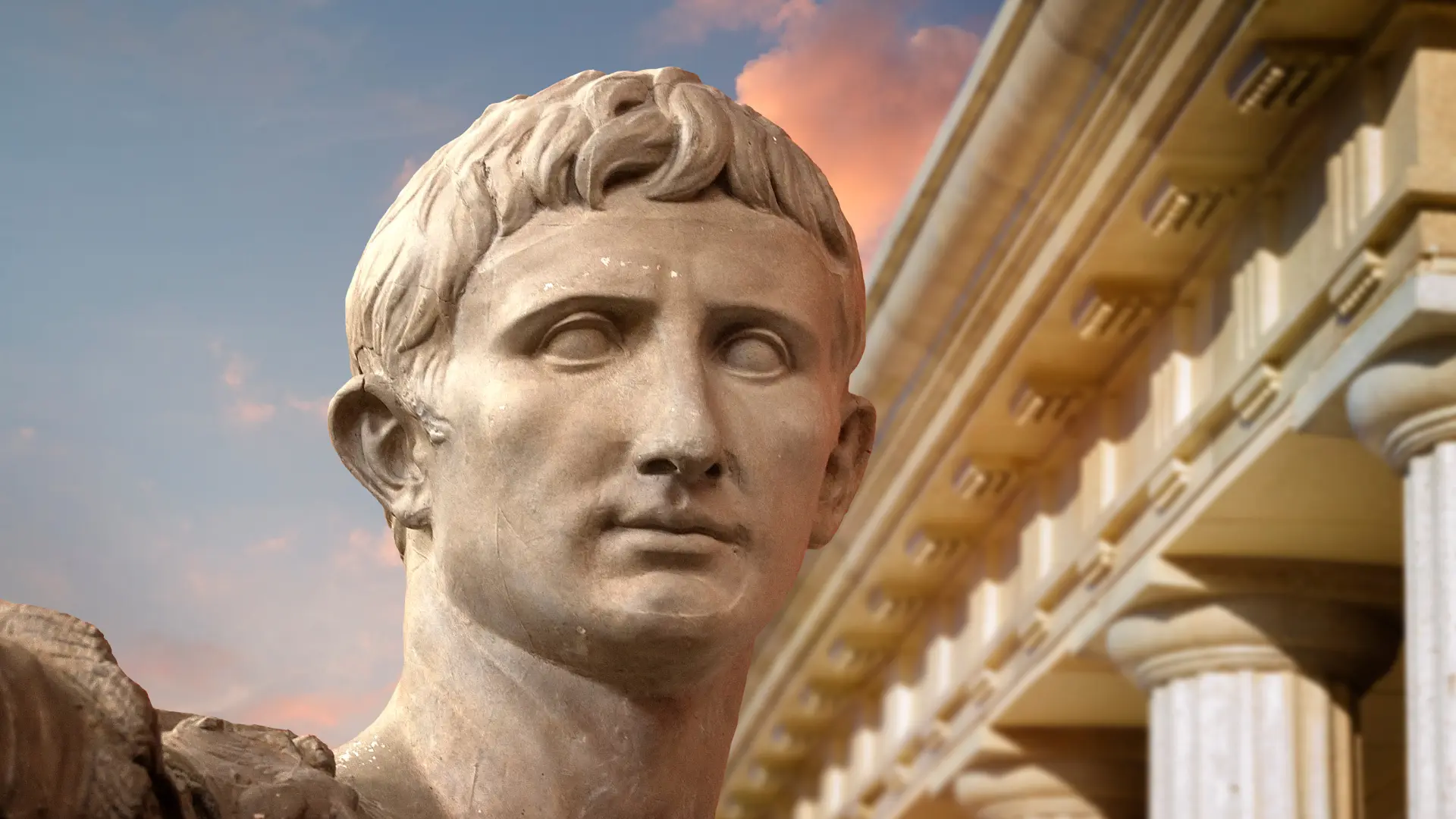
What These Fortunes Reveal About Power And Time
From Mansa Musa’s golden caravans to Rockefeller’s oil monopoly, these fortunes show that extreme wealth is not a modern invention. The richest person alive today may hover around 200 billion dollars, yet many of the names on this list clear that bar by a wide margin after adjusting for inflation and economic size. The paths to these fortunes vary. Some came through conquest and crown, others through monopolizing the essential resources and industries of their time, such as oil, steel, banking, and gold. Many of these figures changed their worlds, for better or worse, and their stories are studded with unforgettable moments, like a diamond used as a paperweight or a pilgrimage that shook an economy. If you enjoyed this journey through historic opulence, keep exploring how wealth shifts across eras, since it often hints at where power and innovation are headed next.
FAQ
Who is the richest person in history
Augustus Caesar, with an estimated 4.6 trillion dollars in today’s terms, about one fifth of the Roman economy at his peak.
Why is Mansa Musa not number one
Mansa Musa is commonly estimated around 400 billion dollars. Augustus surpasses him because his personal share of a much larger economy was greater.
How were historical fortunes converted to today’s dollars
We use peak share of economic output, commodity price indices, and purchasing power comparisons, then express results as rounded modern dollar estimates.
Do modern billionaires make this list
Not yet. Today’s leaders hover near 200 billion dollars, far below the multi hundred billion and trillion level estimates seen here after adjustments.
Are these figures exact or estimates
They are best estimate ranges based on historical records and economic reconstructions, intended to compare scale rather than claim absolute precision.







